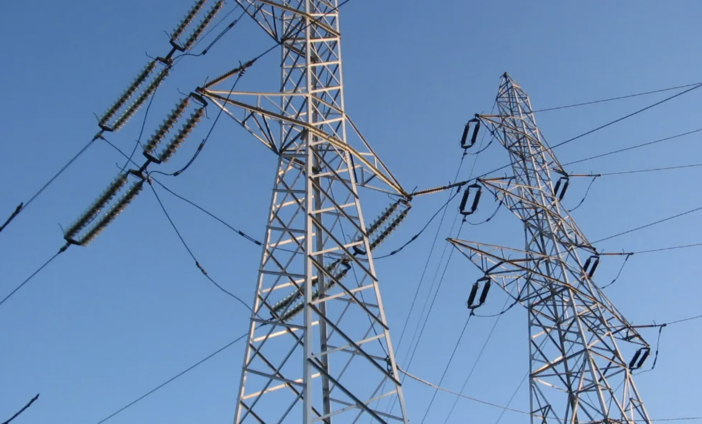A former Chief Executive Officer for the Ghana Grid Company (GRIDCo), Jonathan Baah, says diversifying Ghana’s energy sources is one of the panaceas to the country’s energy sector debts.
He said diversifying Ghana’s energy mix to include more renewable energy sources than thermal sources could reduce the cost of power generation, which is one of the major drivers of energy sector debt.
“Diversifying our energy mix to include more renewable energy sources such as solar, wind, and hydro can reduce reliance on expensive thermal power and enhance energy security. Investments in renewable energy should be accompanied by incentives and policies that can encourage private sector participation in generating electricity for the country,”he said.
Thermal generation accounts for the largest share of Ghana’s power generation, representing 66 percent of Ghana’s thermal power generation, which is fuelled largely by natural gas but occasionally with light crude oil and diesel and 33 percent of hydro.
The former CEO of GRIDCO said this during a training session organised by Energy News Africa to train journalists on the operations of the key players in the energy sector value chain.
Facilitators from the various departments and agencies in the energy sector took turns to educate the journalists on their duties and challenges.
Ing. Baah said delayed payments from government institutions and the high cost of producing power by the power generator also worsened the debt situation in the energy sector.
These challenges, he said, could be addressed through the implementation of cost-reflective tariffs that reflected the cost of the power generation and an effective payment schedule with the power generators, although such measures might face political challenges.
According to Edward Bawa, a member of the Energy Committee in parliament, the power sector is currently facing a $1.5 billion debt that the government is unable to pay.
Mr Baah noted that technical losses through distribution losses by the Electricity Company of Ghana also occasioned the debt situation in the energy sector.
He said most of the infrastructure used in the distribution of electricity was old and inefficient, as it was installed as late as the 1960s.
He, however, advised the government to pursue strategic reforms and investments through enhancing and upgrading infrastructure and improving billing and metering systems to address technical and distribution losses.
Mr Baah also said effective management of the energy sector required strong government structures.
He emphasised that the strong government structure included a transparent regulatory framework and accountability mechanisms.
Latest Stories
-
Teenage pregnancy declines in Akatsi North as leaders call for sustained action
40 minutes -
NIB, NACOC destroy $350m worth of cocaine following court order
1 hour -
Keta-Akatsi Catholic Diocese honours health workers at 33rd World Day of the Sick
1 hour -
Suspect arrested for burglary and theft at Kasoa Nyayano
1 hour -
US resumes visas for foreign students but demands access to social media accounts
2 hours -
Indian High Commission collaborates with VRCC and UHAS to champion physical, mental wellness in Volta Region
2 hours -
This Saturday on Newsfile: Galamsey fury, NPP early primaries and effects of Israel-Iran war
3 hours -
African Heads of States, Caribbean and Global Business Leaders to gather in Abuja Nigeria for 32nd Afreximbank annual meetings
3 hours -
GES, Brilliant Educational Consult train teachers in Kumasi to boost their competencies
3 hours -
DIPPER Lab launches IoT Training Programme to equip students with practical tech skills
3 hours -
China reaffirms one-China principle, commends Ghana’s historic support
3 hours -
Road safety: Experts push for automatic speed monitoring systems to curb over-speeding
4 hours -
Hearts of Oak explain decision to appoint Didi Dramani as head coach
4 hours -
Luv FM High Schools Debate: 8 schools to battle for spots in semi-finals
4 hours -
Official launch date for 2025 Guinness Ghana DJ Awards revealed
4 hours

